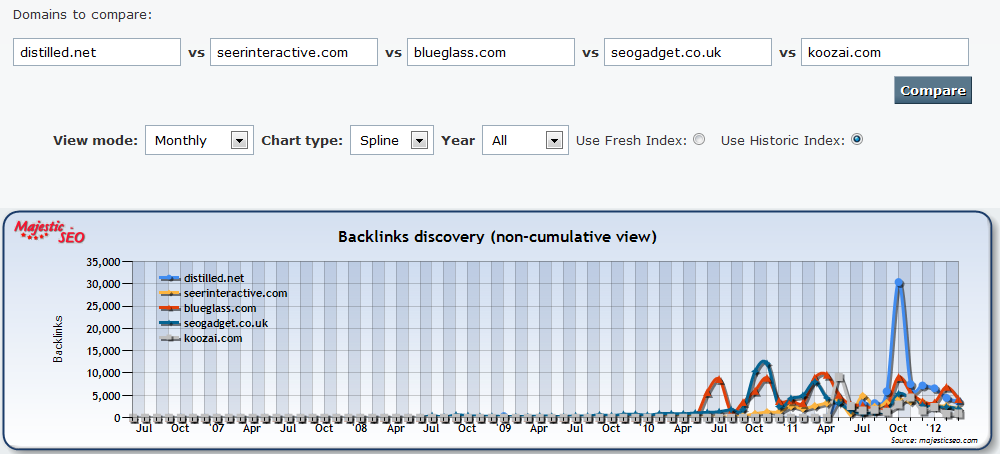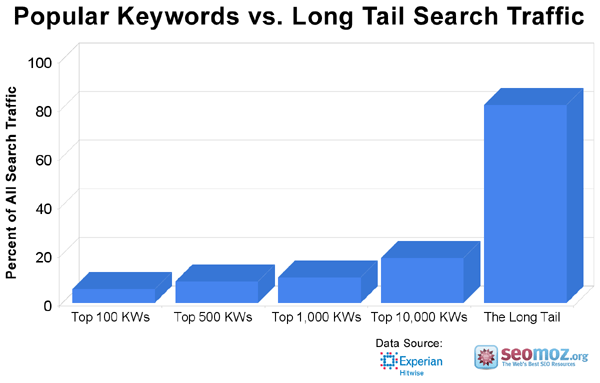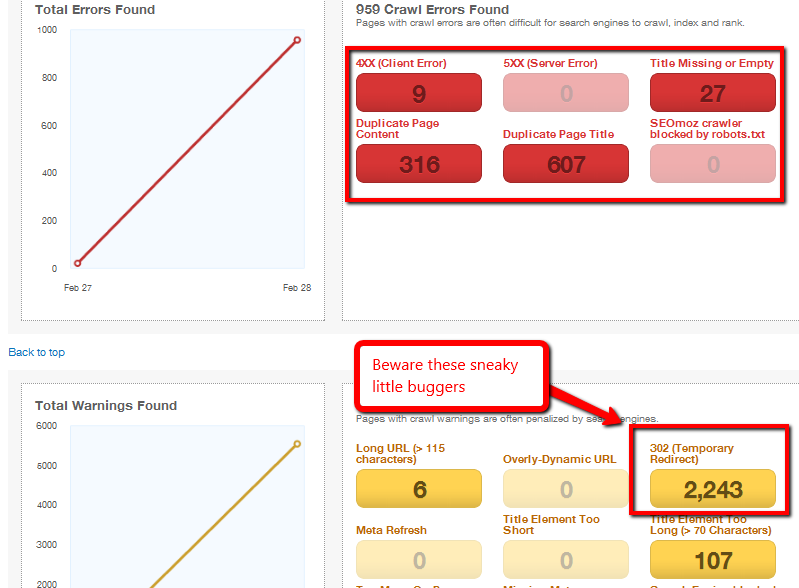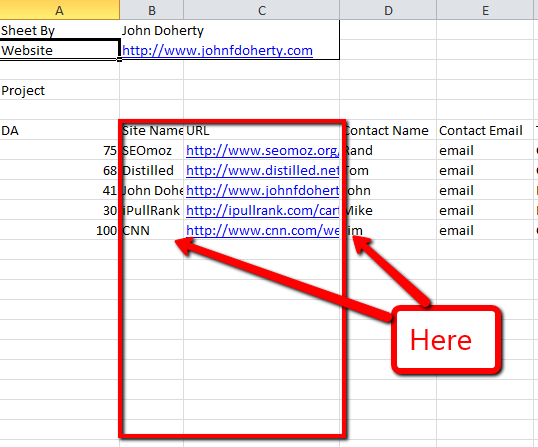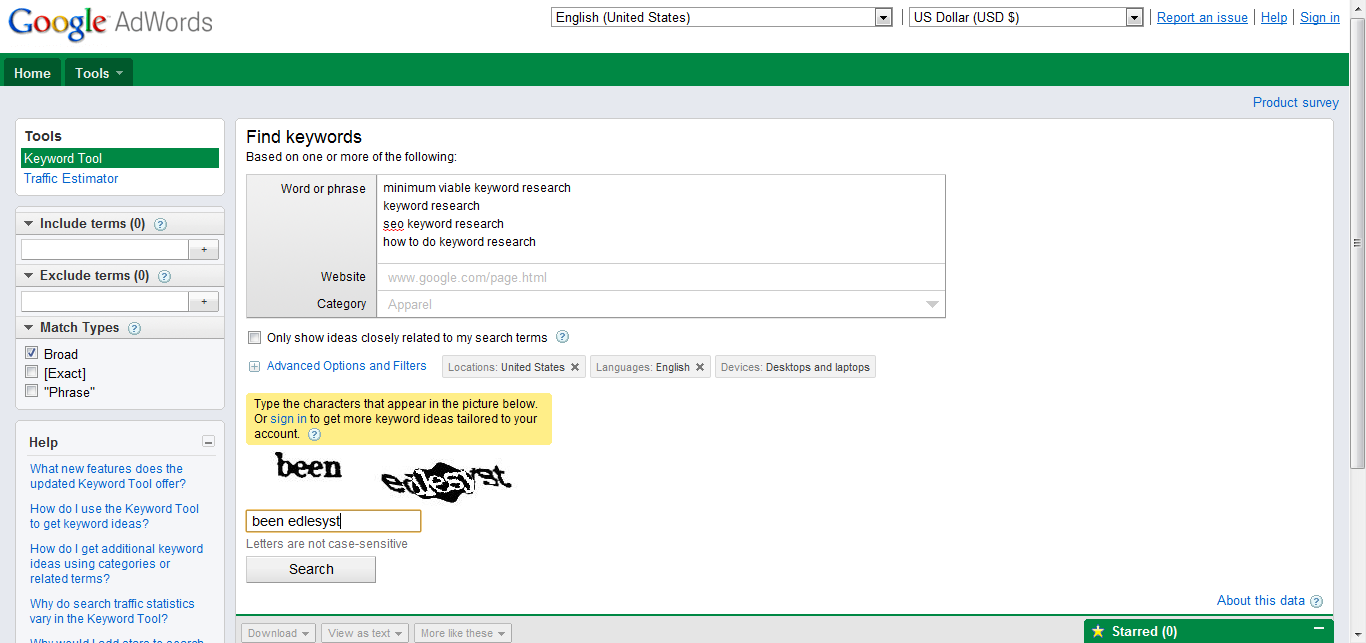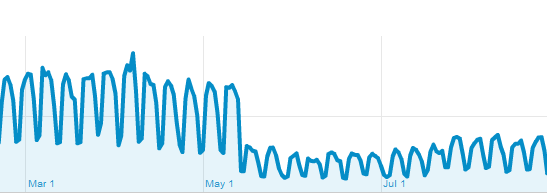SEO for Photographers
Being both a travel photographer and an SEO Consultant, I have taken a keen interest in how images get found online. I don’t have enough time to dedicate to my photography site, but I’ve learned a thing or two about SEO for photography along the way to becoming an SEO professional.
Because of this I was happy when Feuza Reis, a New Jersey wedding photographer, asked to interview me for a video blog that she has been doing on her site. I agreed and so we had a great 30 minute chat about SEO and photography. Have a listen and I’d love to have your feedback!
Read more about SEO for Photographers …

